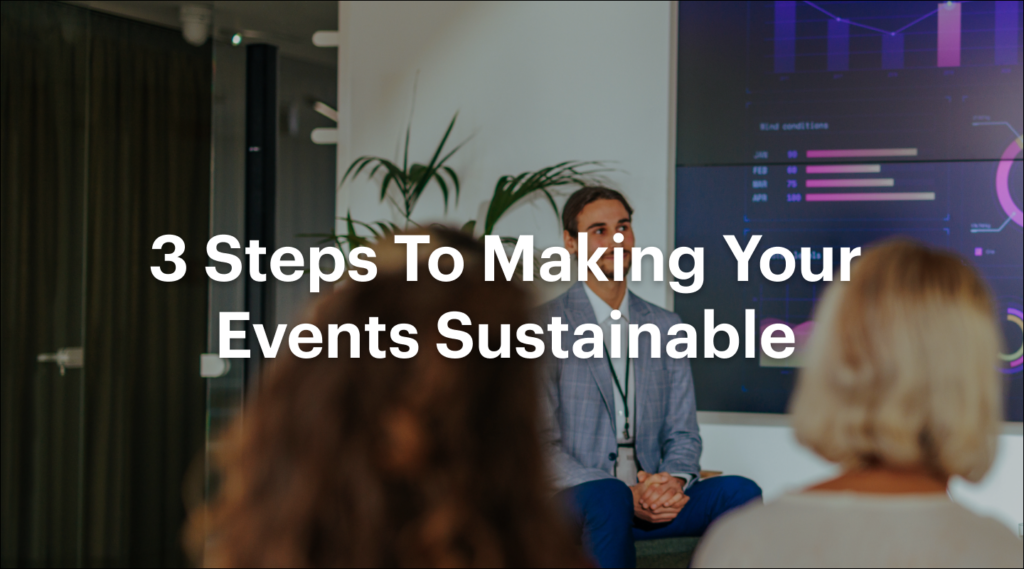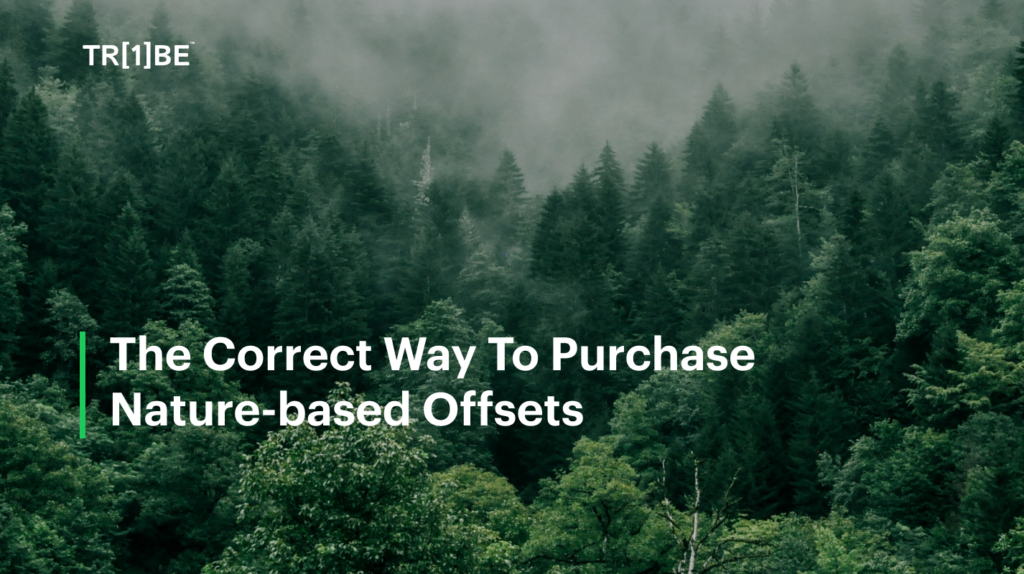
One Tribe News
3 MINUTE READ
Introduction Climate change is one of the biggest challenges we face...
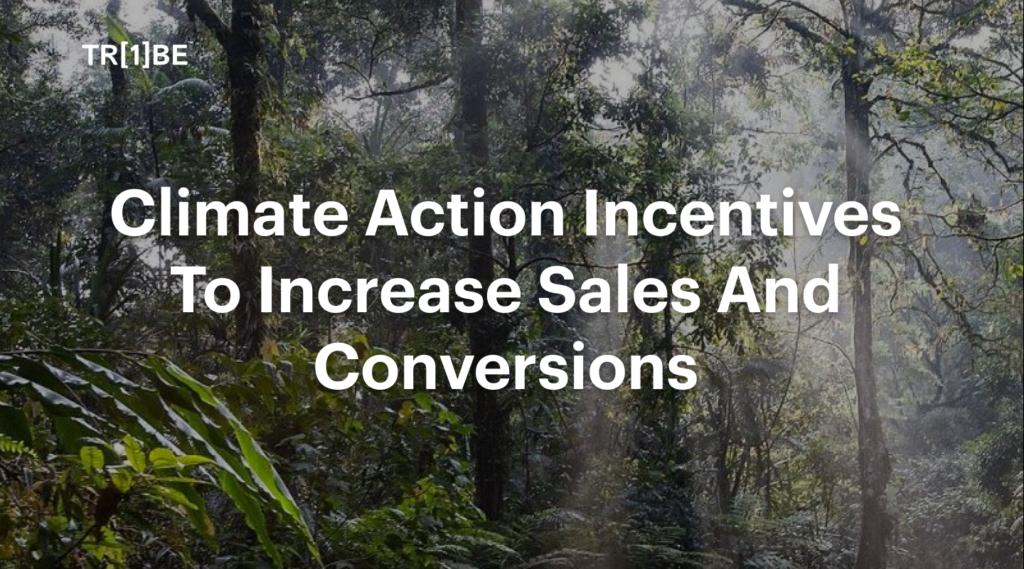
One Tribe News
3 MINUTE READ
Learn how you can use One Tribe’s climate action incentives to...

One Tribe News
3 MINUTE READ
The Sustainable Brands ‘Brand-Led Culture Change Summit’ is set to take...
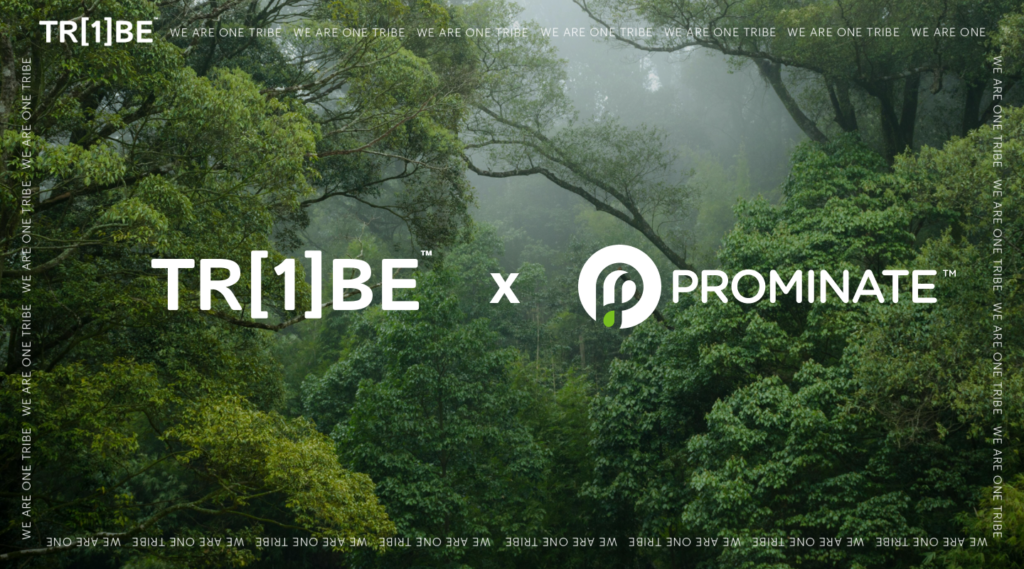
One Tribe News
3 MINUTE READ
A new collaboration between One Tribe and promotional services brand Prominate...
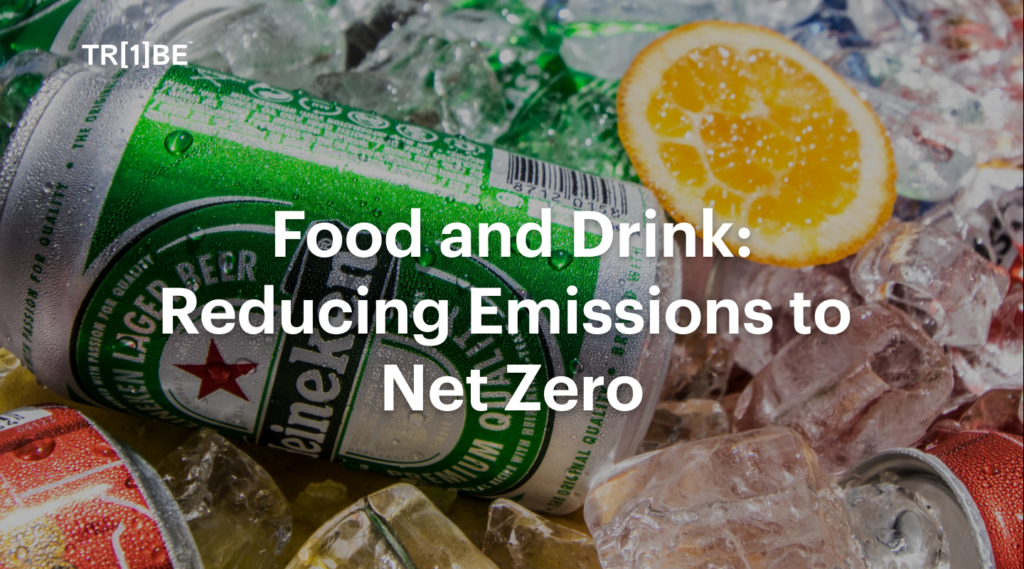
Sustainable Business
3 MINUTE READ
Food is one of our most essential resources that requires a...
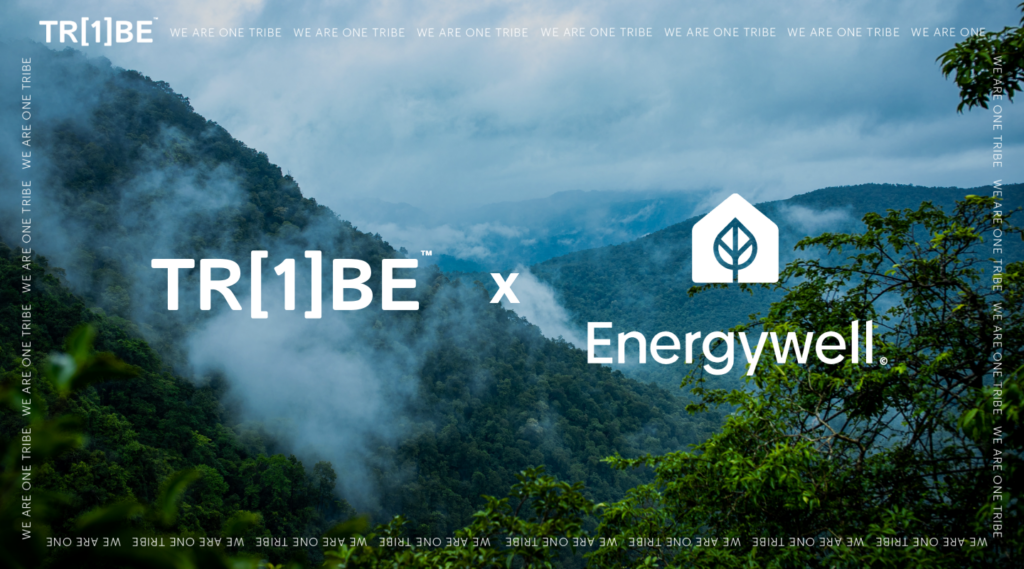
One Tribe News
3 MINUTE READ
One Tribe has partnered with California based sustainable energy provider Think...

One Tribe News
3 MINUTE READ
In March 2023 we will be celebrating B Corp’s annual event...
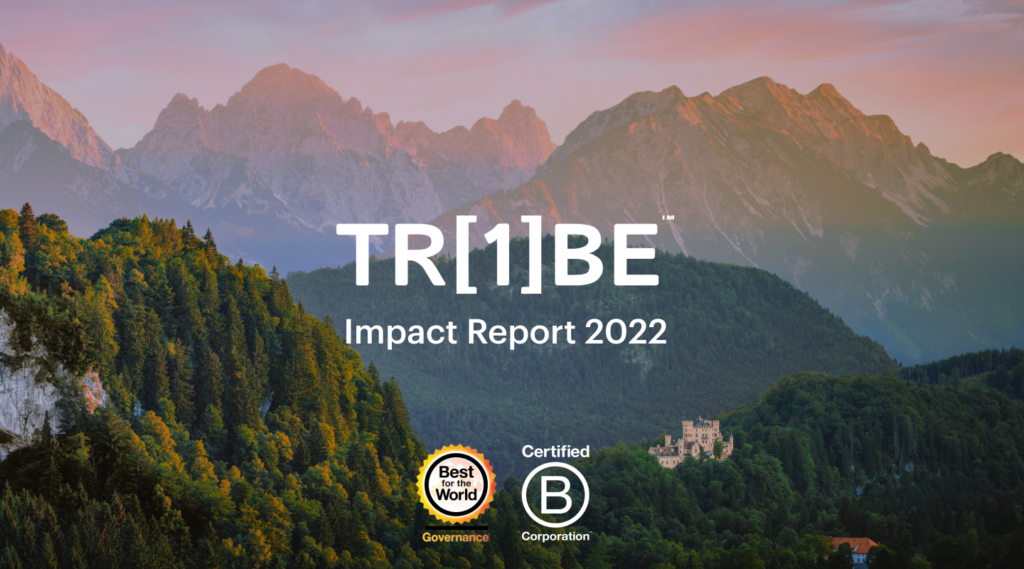
One Tribe News
3 MINUTE READ
Thank you, to all the brands, partners, contributors, investors and Indigenous...
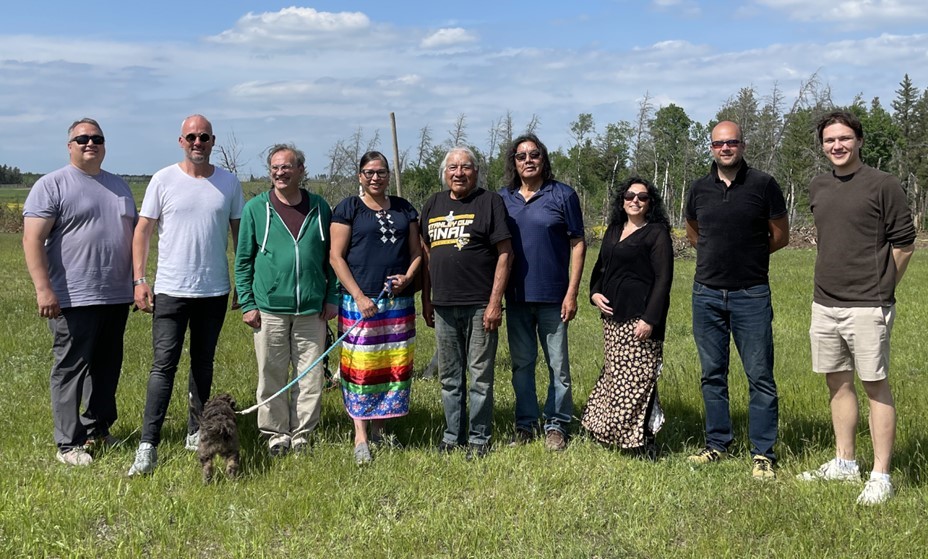
One Tribe News
3 MINUTE READ
Introduction This February 2023 One Tribe met with our team members...
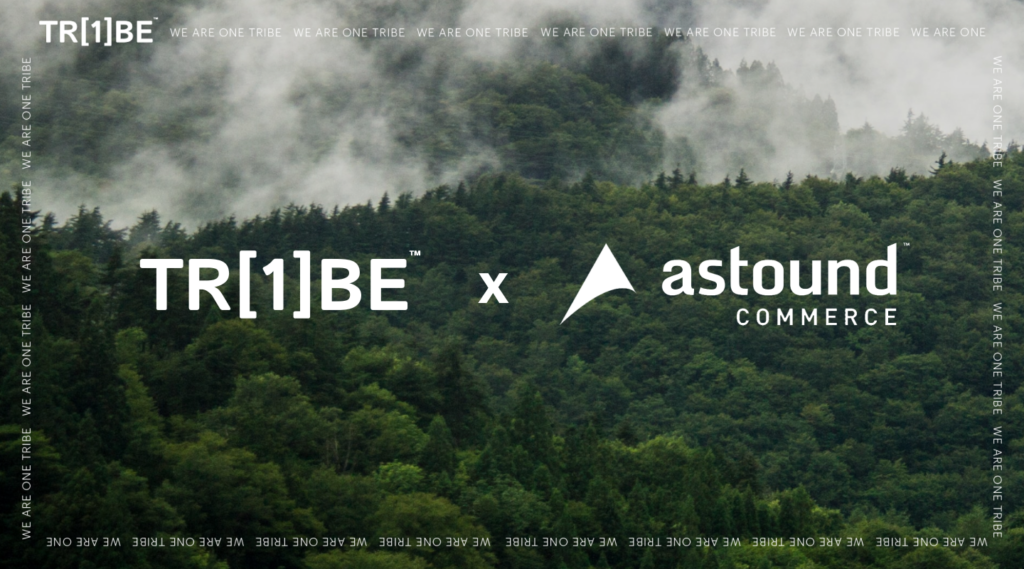
One Tribe News
3 MINUTE READ
A new collaboration between One Tribe and Astound Commerce will enable...
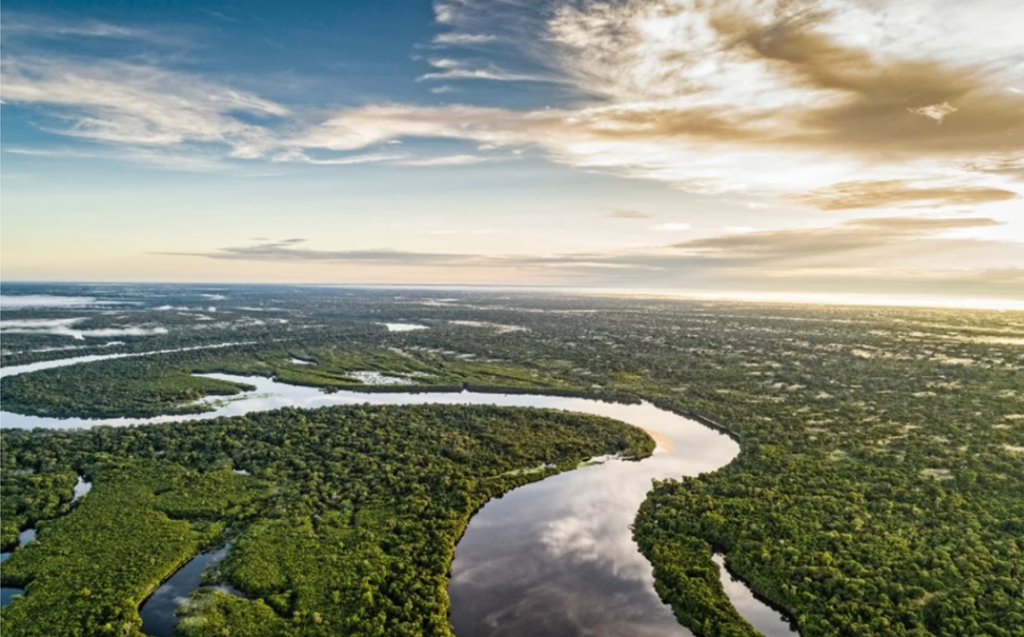
Climate Action News
3 MINUTE READ
It’s been an interesting week on Linkedin and watching the media...
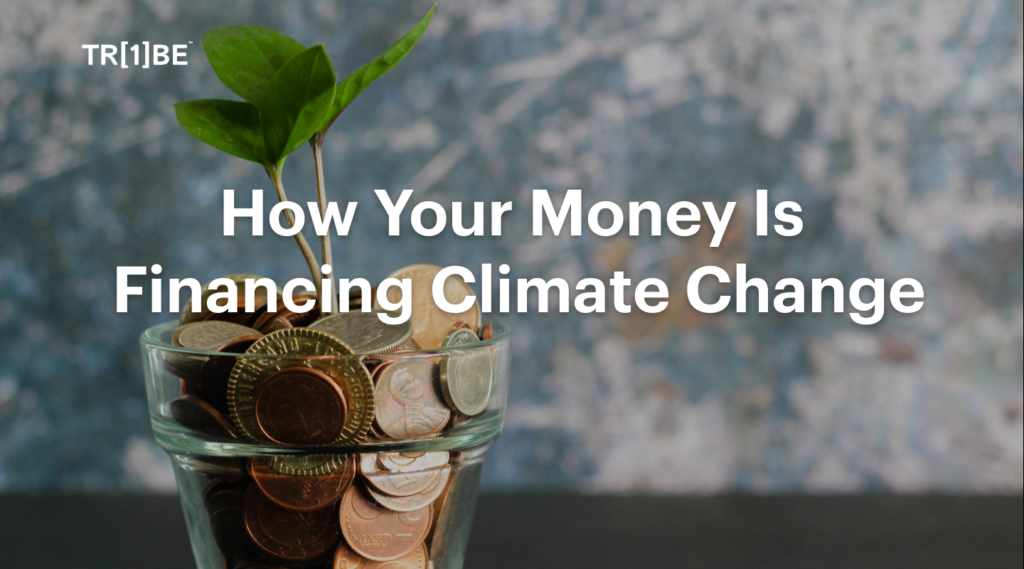
Climate Action News
3 MINUTE READ
How is your money financing climate change? Pension schemes and dodgy...
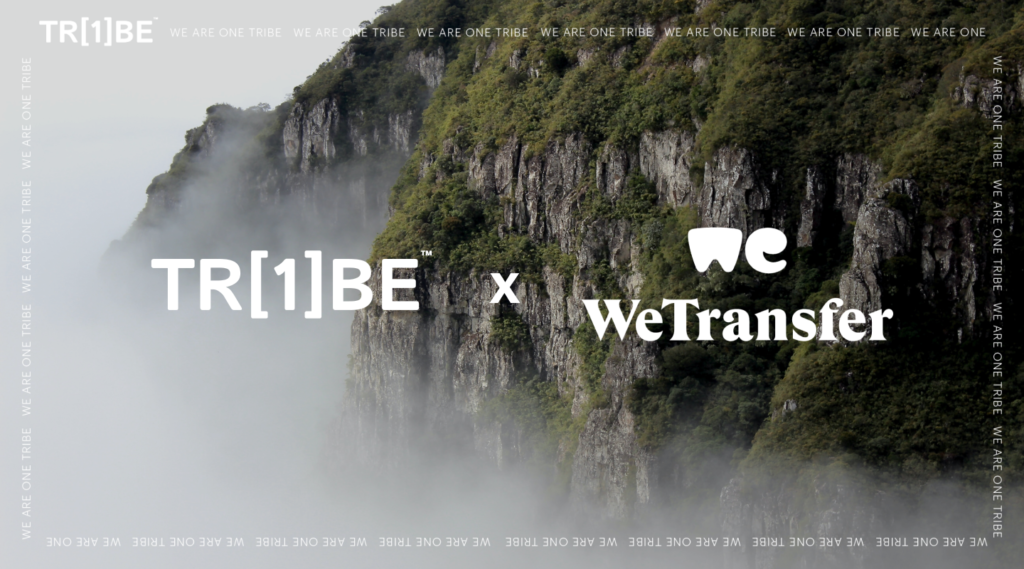
One Tribe News
3 MINUTE READ
In preparation for North Africa’s COP27 event hosted in Egypt’s Sharm...

One Tribe News
3 MINUTE READ
One Tribe has partnered with the on-demand printing solutions company HP...
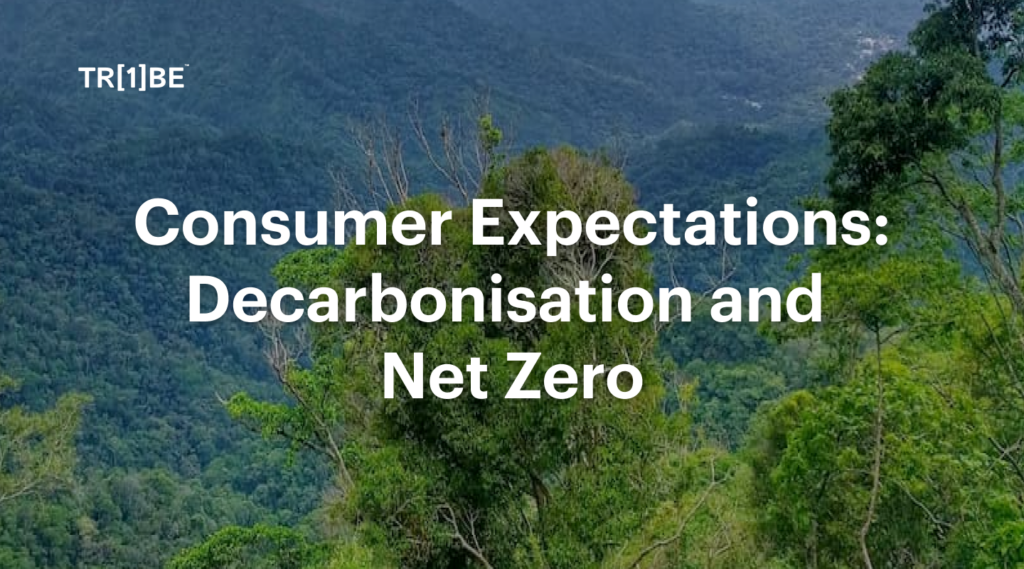
Climate Action News
3 MINUTE READ
Research data on consumer behaviour in 2022 has shown that many...
